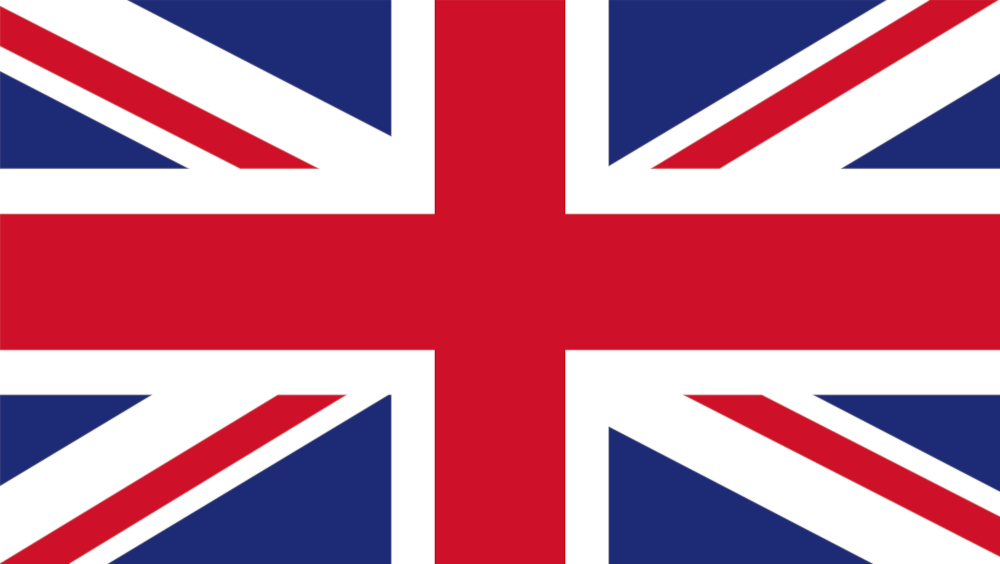Work experience can be a valuable way to launch any career and a well written work experience application letter is as important as a strong CV. Your work experience cover letter is you chance to shine and should be indicative of your personality and enthusiasm for the role, alongside detailing the reasons you are the most suitable candidate. In this brief article we'll explore how to write a cover letter for work experience and provide essential components of your letter.
What is a work experience cover letter?
The work experience cover letter is a carefully crafted letter that should be included with your application. It should express interest in gaining valuable experience with the company. Most people apply for work experience at an early stage in their career, so very often the letter's primary focus will be on academic and personal achievements.
You may also be considering work experience if you plan to change job roles, in this scenario you should focus on emphasising relevant experience and skills from prior roles.
Tips for success
The following tips for crafting your cover letter will come in handy:
- Research the organisation and the work experience role to ensure you're a good fit
- Use a standard letter template to ensure you've included all relevant information
- Ensure your cover letter is addressed to a named individual within the company as this creates a more personalised look
- Carefully tailor your work experience application letter to the individual role
- Use reasoning to explain just how this work experience role aligns with your overall career goals and long term plans
Ensure your letter is no more than one page, don't go into too much detail
- Proofread your letter carefully to ensure there are no mistakes or omissions
What to include
A UK cover letter should follow standard letter format, and include the following:
- Your contact details at the top right of the letter, including name, address, telephone number and email details
- Today's date below your contact information
- Employer's address details and the name of the person who is recruiting for the role justified to the left hand margin
- Formal salutation
- Reference the role you are applying for
- Introduction paragraph detailing the work experience role you are applying for and stating how keen you are to take on this role
- Body paragraphs flagging up your skills, academic qualifications and experience, ideally include specific examples of when you carried out similar duties
- Closing paragraph detailing just how keen you are on acquiring this particular job role and the reasons you are the most suitable candidate
- Formal closure, such as Yours sincerely if you have addressed the letter to a named individual at the company or Yours faithfully if you did not have a name
Seal the Deal: How a Great Cover Letter Can Set You Apart
You will need to invest time and effort into crafting a successful cover letter, but it can significantly improve your chances of securing valuable work experience. By following these guidelines and tailoring your approach, you can create a winning document that sets you apart from all the other applicants and demonstrates your potential to employers.









What do you think about it? Share it with us!